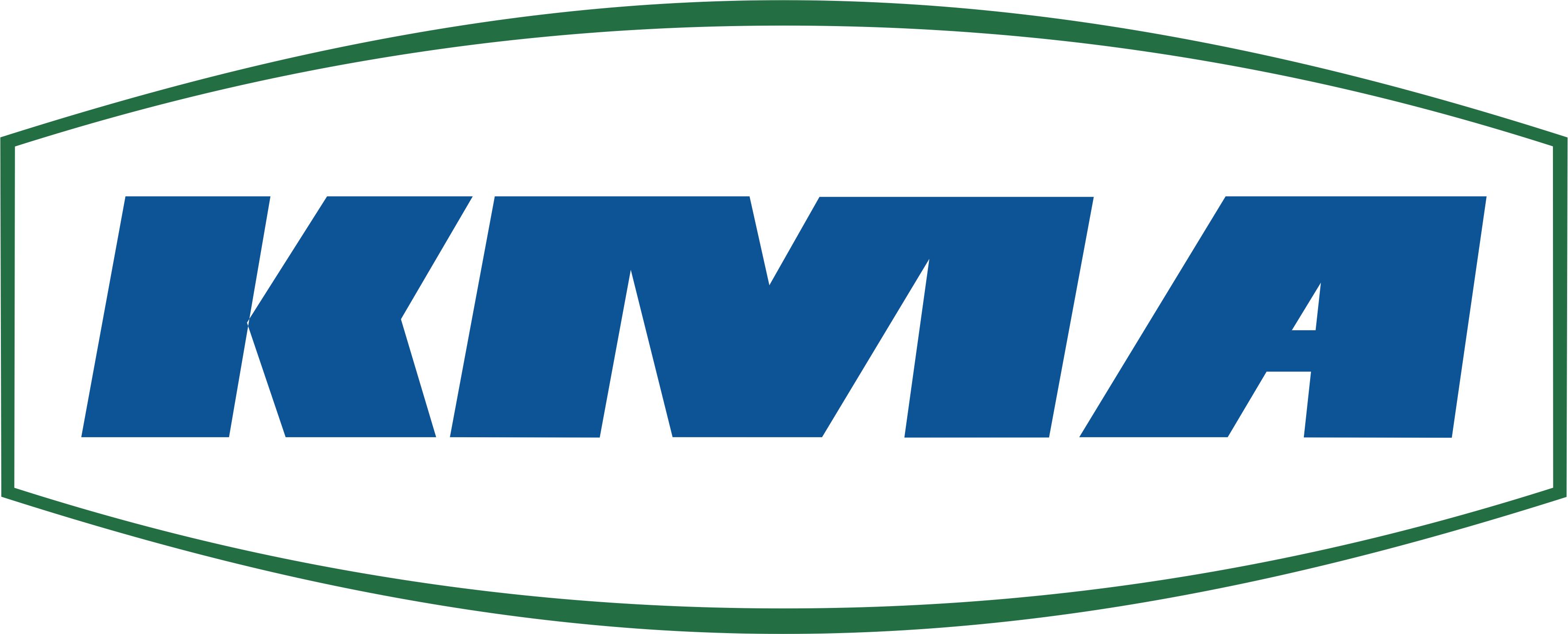Particle filtration
Particle filtration
The term particle filtration describes the separation of fine particles and other solid contaminants from an exhaust air stream. Particle filters are important to reduce impurities in automotive motors or in industrial and commercial production plants. Contamination by particles occurs, among other things, in metal processing, rubber processing, in textile finishing or during the smoking process.
To efficiently separate particles of different sizes, the exhaust air purification system is specifically adapted to the production plant and the composition of the respective exhaust air. This adaptation process is essential to determine the exact composition of the exhaust air as well as the amount and size of particles. During this process, KMA Umwelttechnik relies on its more than 30 years of experience of exhaust air purification in various industries. The process is important to determine the degree of pollution as well as the exhaust air volume, the current direction and the integration into the existing production plant.
Generally can be said: the finer the particles, the higher the separation efficiency. KMA Umwelttechnik relies on its energy-efficient electrostatic precipitator to ensure an high-grade separation efficiency. Inside the electrostatic precipitator an ionization electrode generates a strong electric field with little energy input. The particles contained in the exhaust air stream enter the electric field, get charged and then driven to the collector plates by the prevailing charge difference. Here, the solids are deposited and removed at regular intervals by the automatic KMA filter cleaning system (CIP). In production plants with heavily particle pollution of exhaust air, several filter modules can be connected in series or combined with a KMA gas scrubber module.
Related links
Related posts







